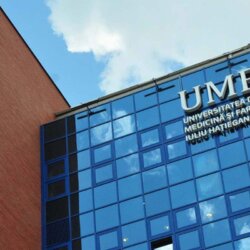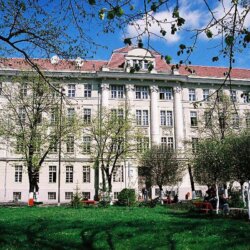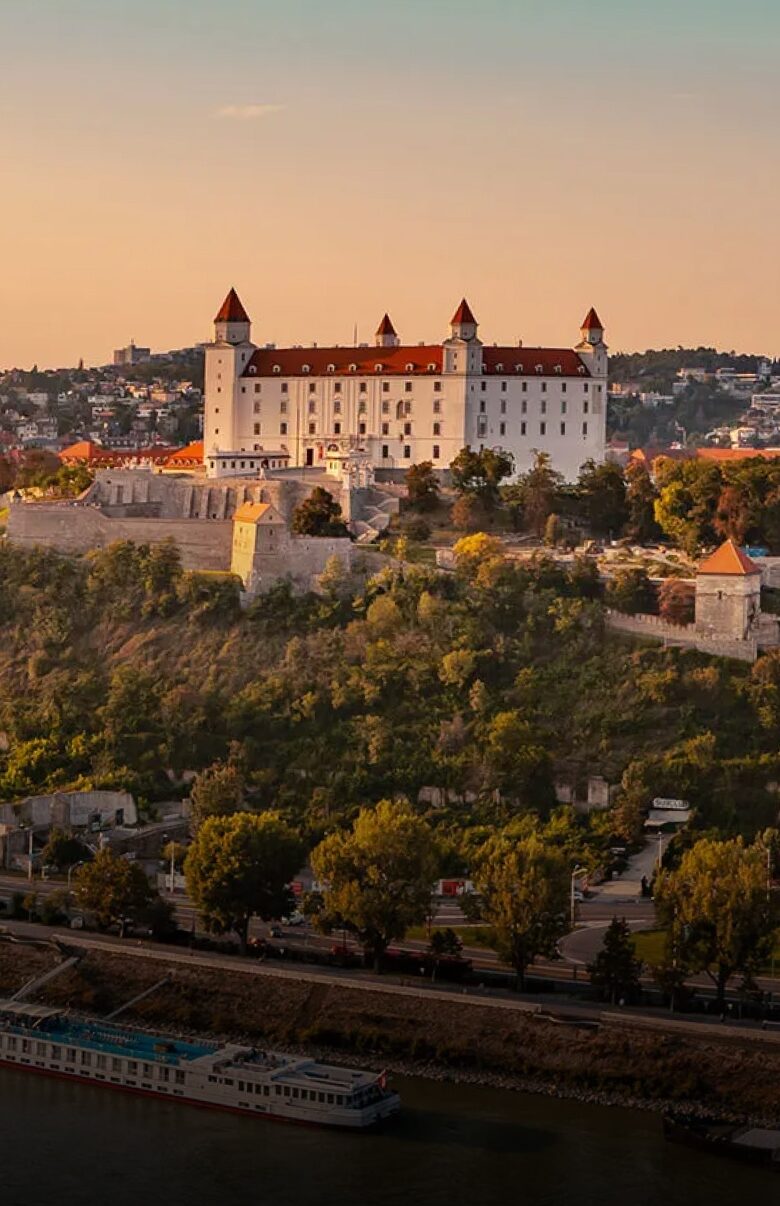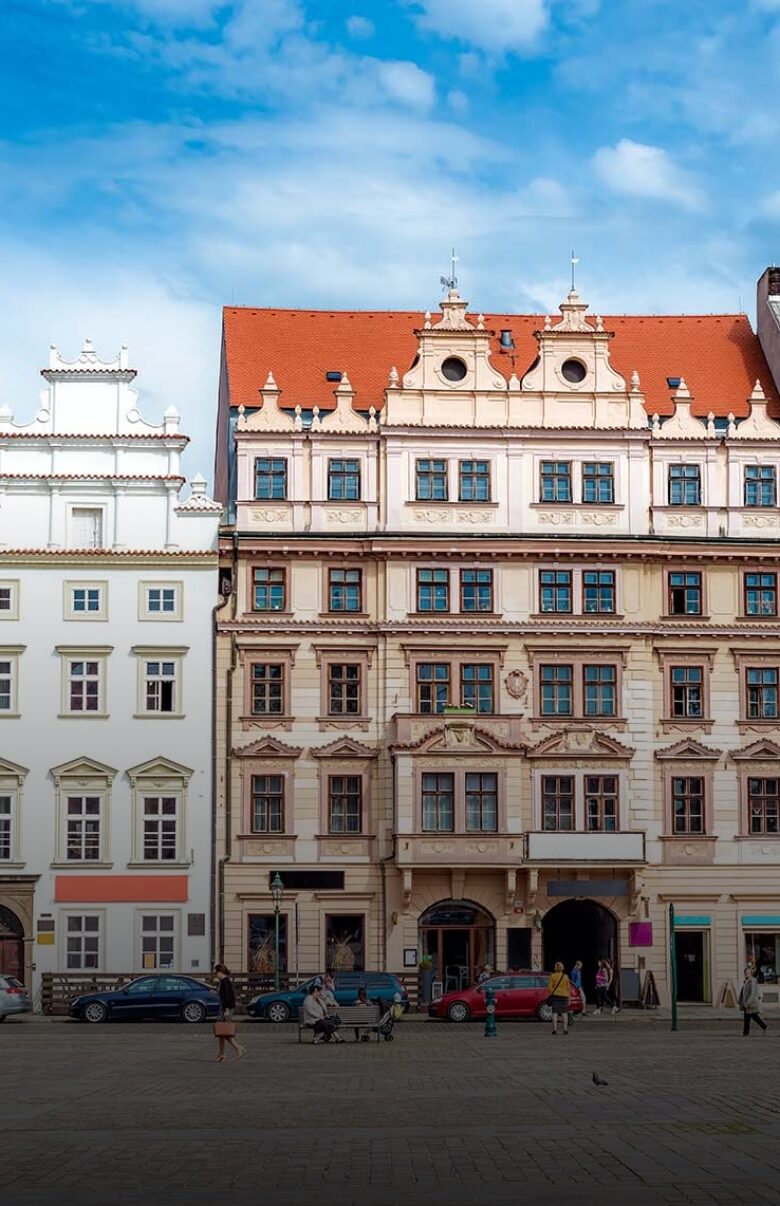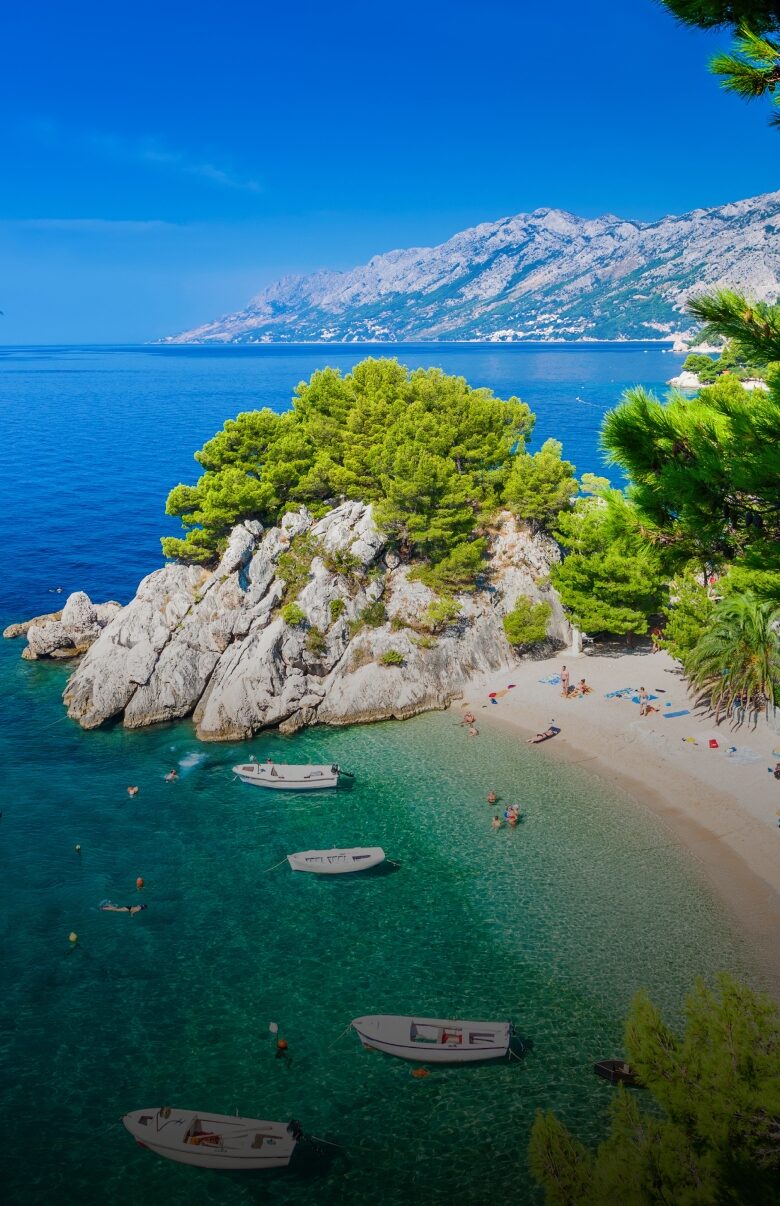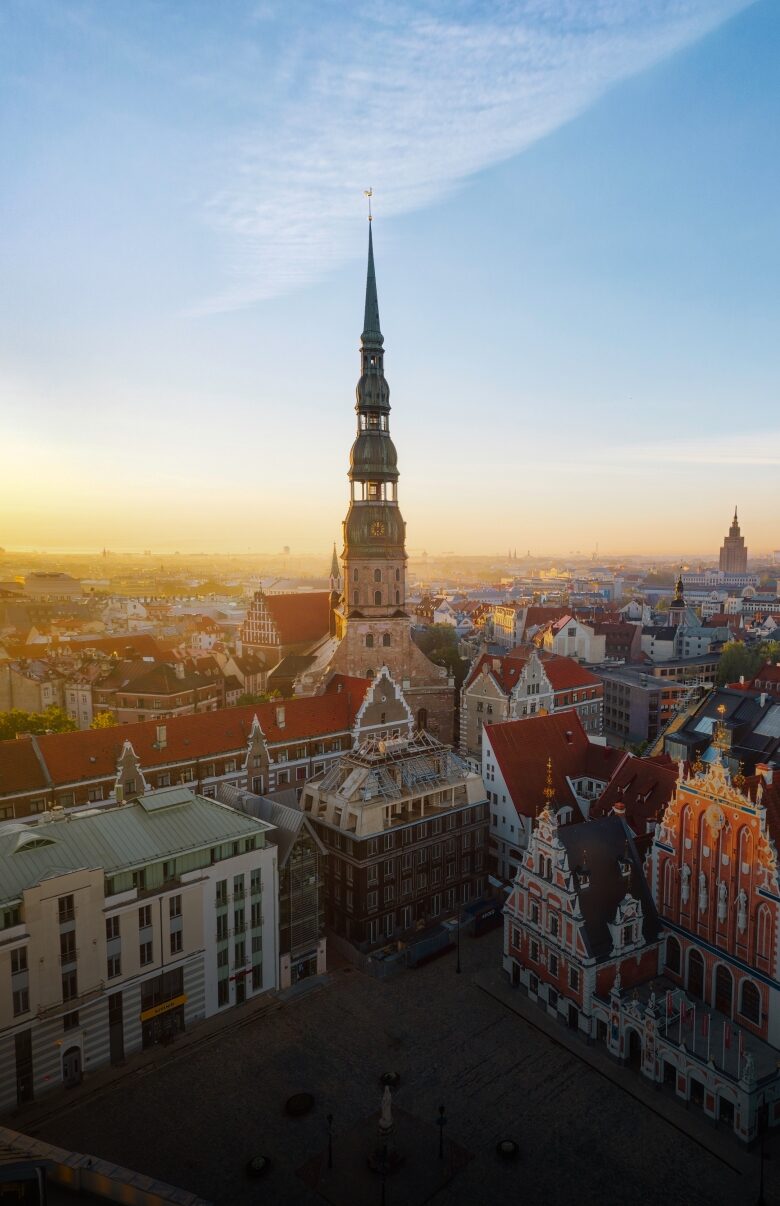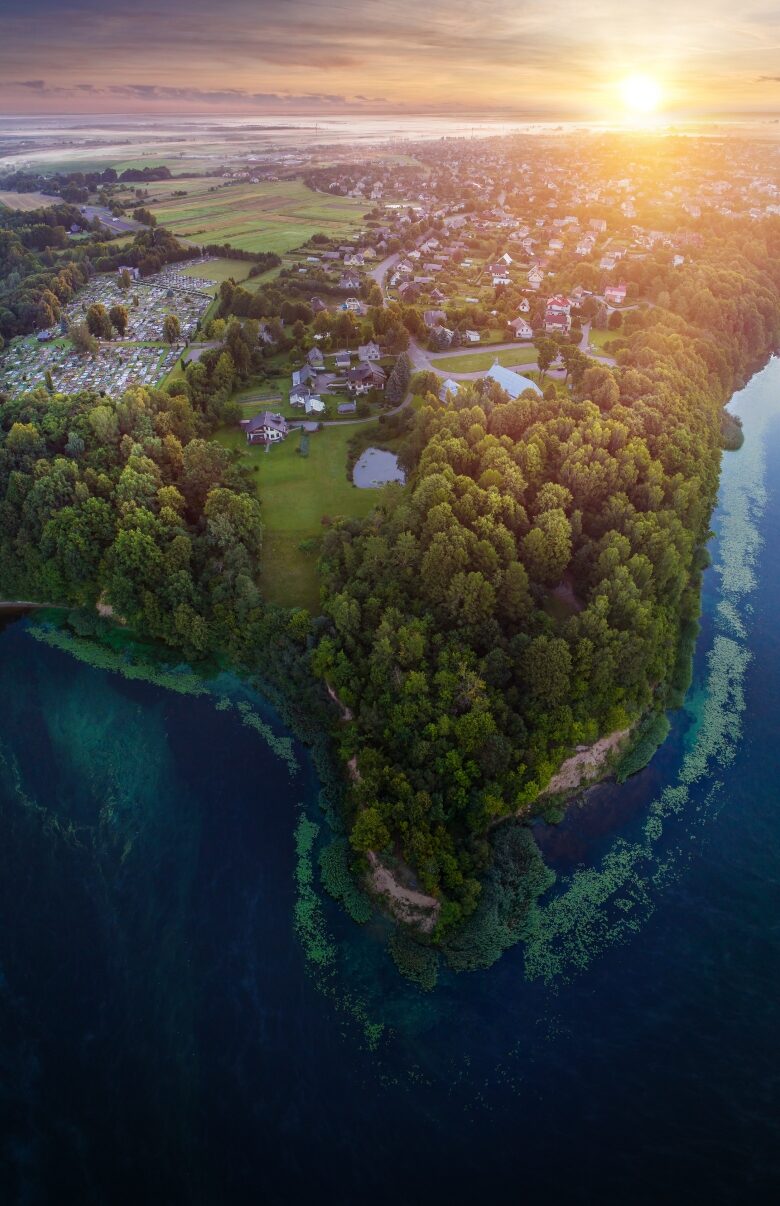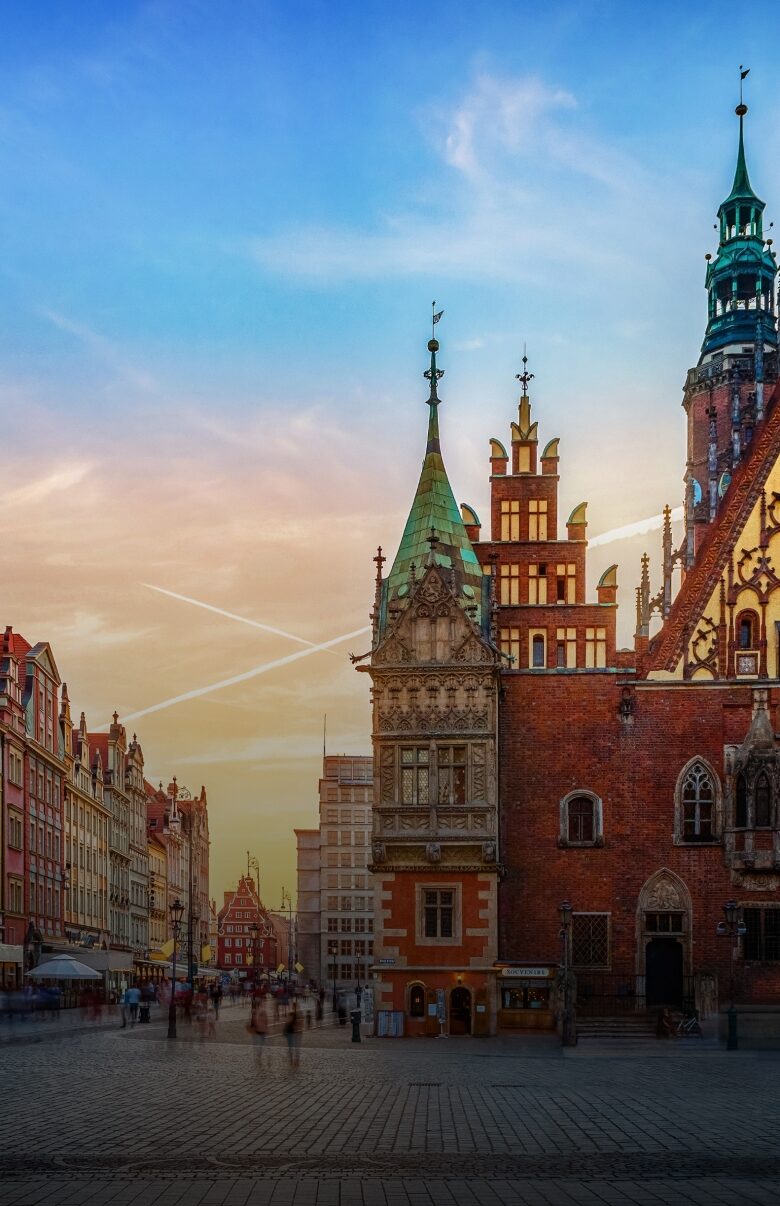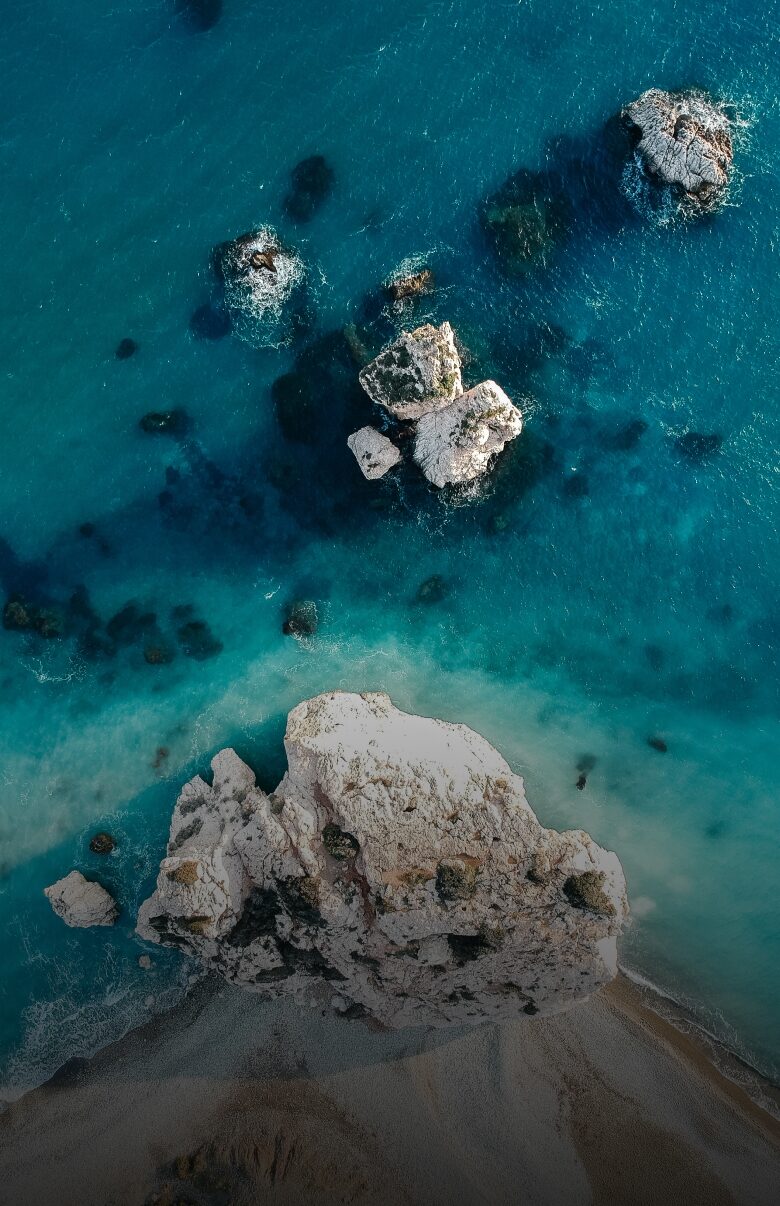Universities
Medical studies in Romania
Studying medicine in Romania is an NC-free alternative to studying in Germany. The numerous universities in Romania attract students from all over the world with manageable tuition fees and lectures in English or French.
Are you interested in studying medicine in Romania?
We would be happy to advise you free of charge about your options for studying medicine in Romania.
Have you ever thought about studying abroad? How about a country that is not only known for its medical education, but also for its impressive culture? Romania, a European jewel, could be just the right place for your medical studies. With futuredoctor, you have a trustworthy partner at your side to support you on this exciting journey.
Studying medicine in Romania - Many advantages
The historic architecture of Romania's major cities and the colourful nightlife attract countless travellers to the country every year. So why not study where others go on holiday? You can find all the information and other arguments in favour of studying medicine in Romania here!
Degree recognised throughout Europe
According to the EU Professional Recognition Directive, completed medical studies in Romania are recognised throughout Europe and students can easily apply for a licence to practise medicine in Germany.
NC-free study abroad
1.0s Numerus Clausus for medical studies? Unlike in Germany, the 1.0 numerus clausus is not required for a place on a degree programme in Romania. To apply for degree programmes at most Romanian universities, you only need your university degree and an English language certificate. High school graduates with good grades in science subjects such as chemistry or biology can score particularly well here.
Favourable tuition fees and living costs
Compared to other European countries, Romanian universities abroad charge low tuition fees. While other European universities charge over 6,000 euros per semester, the amount charged by some universities in Romania covers the fees for an entire year.
If you decide to study medicine in Romania, you will save quite a bit on living costs, as countries like Romania have the cheapest living costs in the entire European Union. This even allows students to live in their own flat instead of a shared flat and make the most of their financial resources.
Lectures: Communication in English or French
As there are so many people from all over the world interested in studying medicine at Romanian universities, the entire programme structure with all lectures for students is in English. In some cases, however, the universities also offer lectures in French, such as the university in Iaşi.
Possible to return to Germany during your studies
If you are drawn back to Germany from Romania as quickly as possible, you have the opportunity to transfer from abroad back to Germany during your studies. As the structure of the medical degree programme is very similar to the German medical degree programme, you can try to transfer to universities in Germany by providing information such as a certificate of equivalence and proof of performance.
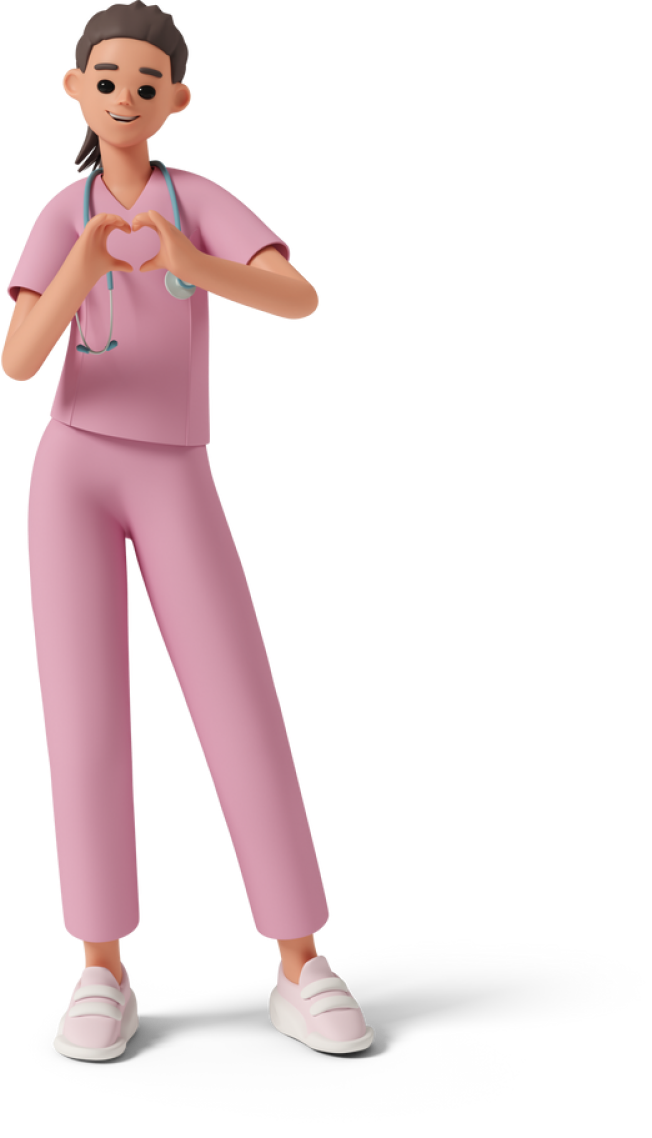
Study medicine abroad with futuredoctor
Do you dream of studying medicine, but the chances of getting a place in your home country are slim? We can help you find a suitable study place abroad.
Advantages at a glance:
- EU-wide recognised qualifications
- Study in English or German
- > 95% Success rate
- > 1,000 study places allocated
From the selection of universities and support in the application process to orientation and finding accommodation - we are at your side.
Studying medicine in Romania: At which universities can you study medicine?
Romania has six medical universities where you could start your dream of studying medicine in Romania in English.
Victor Babes University in Timisoara
The Victor Babes University in Timisoara, named after the Romanian pathologist Victor Babes, is located in the west of the country and offers 85 new places to study human medicine every year in the winter semester. However, a degree in dentistry is also possible at this university. In addition, you can even study Study pharmacy without NC.
The city of Timisoara is located on the Serbian-Hungarian border in the western part of Romania. Here you can visit many sights such as cathedrals, the opera house or the Neptune Baths. There are numerous boulevards with small cafés or beautiful parks where you can make yourself comfortable with your fellow students and your course material - perfect for your Medical studies in Timisoara.
Medical University of Cluj-Napoca
Study medicine in ClujMedical studies at the Medical University of Cluj-Napoca begin every academic year in the winter semester. It is also possible to study dentistry here. The duration of study for both the human medicine and dentistry programmes is 6 years. What particularly speaks in favour of the quality of the university are the good chances of admission, the low tuition fees and the opportunity to take exciting elective courses such as Drug and Addiction Diseases or Infection Prevention.
The unofficial capital of Transylvania offers a wide range of leisure activities, such as castles, museums, parks and botanical gardens. A lively art scene, music concerts, theatre performances and an international audience also make up life in the student city.
Western University Vasile-Godiș Arad
The medical degree programme in Romania in the city of Arad is currently offered in French or English for 75 new international applicants every winter semester. The university places a strong emphasis on research.
Arad is located directly on the River Mures in Romania. The cityscape is characterised by rich, extravagant architecture and has earned the nickname "little Vienna". As far as leisure activities are concerned, in addition to the numerous sights, there is also the opportunity to go on long hikes in the nearby Zarandului Mountains.
University of Târgu Mureș (Targu Mures)
The degree programme in human medicine at the George Emil Palade University of Medicine, Pharmacy, Science and Technology of Târgu Mureș (Targu Mures) is also taught in English in the winter semester. The special feature: the Faculty of Medicine has a campus in Hamburg. This is why the pre-clinical part of the programme, i.e. the first three years of the degree course, takes place mainly in Germany. It is important to the university to provide students with a holistic introduction to all areas, skills and abilities relevant to the profession and to promote personal interest. In addition to learning the medical facts of medical studies, this also includes emotional aspects of medicine.
Grigore T. Popa University of Medicine and Pharmacy in Iaşi
The university in Iaşi attracts around 450 new international medical students every year, as it is favourable, the chances of applying and the university's recognition are high, and no aptitude test is required for applicants. In addition to studying human medicine, students can also study dentistry in English and French. As the curriculum is very similar to the German curriculum, students can transfer to German universities to continue their studies.
Iaşi is located in the north-east of Romania. The "cultural capital" is home to the oldest university, the oldest theatre and the oldest botanical garden in the country.
University of Oradea
Every year, around 100 new students are admitted to the University of Oradea to study medicine in the winter semester. Campus life is characterised by the many international students.
With many baroque buildings, the city stretches along the banks of the river Crişul Repede. Although Oradea does not have a large city centre, it still has an international community and many activities and nightlife options for students thanks to its many universities.
Studying medicine in Romania - Requirements
To be admitted to study medicine in Romania, you need the general higher education entrance qualification, i.e. the Abitur.
To apply to the University of Cluj, your NC should not be lower than 2.5. No entrance test is required. You can take a language test via the university or TOEFL.
The Iaşi University of Applied Sciences requires good grades in natural sciences for admission to medical studies. Internships, letters of recommendation, training (apprenticeship) and degrees in other subjects can be helpful when applying. There is no application procedure for prospective students.
The University of Timisoara expects proof of English language proficiency. There is also an aptitude test specialising in biology.
Arad University also has an application procedure in Biology with multiple choice questions. You should be able to provide proof of at least B1 in English or French.
To be admitted to the University of Oradea, you can either prove your English language skills by taking an exam or a TOEFL/ IELTS test. Your knowledge of biology or organic chemistry will be tested in a personal interview. Here you can choose one of the two subjects.
We'll prepare you with all the information you need! Wait, you "only" have a vocational baccalaureate? No problem! There are some countries that offer you a Studying medicine with a specialised baccalaureate enable.
Medical studies in Romania - Structure
How long does it take to study medicine in Romania? Medical studies in Romania are very similar in structure to medical studies at German universities. The duration of the medical degree programme is also six years.
In the first four semesters of study, the pre-clinical phase, basic knowledge is acquired. The focus is on anatomy, biochemistry, physiology and medical terminology.
This is followed by the clinical study phase. Internships in hospitals enable students to Contact us to the patients and gain experience. There are also lectures for the various specialist disciplines such as internal medicine, SurgeryPsychiatry, Gynaecology or paediatrics.
As in Germany, the final year is the practical year (PJ) and is completed on various wards in a hospital of choice. The focus here is also on contact with people and patients.
Studying medicine in Romania - Costs
To give you your Financing medical studies abroad To be able to make the right decision, you need to think carefully about the costs involved. The cost of studying medicine in countries such as Romania varies depending on the region and university. The University of Oradea, for example, charges 3,000 euros per semester, making it the cheapest. This is followed by the universities of Iaşi, Cluj and Timiriri with around 4,000 euros per semester. The University of Arad charges its students slightly more at 6,250 euros per semester.
On the other hand, Romania is very cheap compared to the German cost of living. Depending on the city, you can expect to pay around 150 to 400 euros for rent. Depending on your eating style, you can add between 100 and 200 euros for food. Including leisure activities and transport costs, you can therefore expect to spend between 500 and 700 euros.
You should think about financing your studies in good time, because a Scholarship will be able to support you with your medical studies in Romania.
4 interesting facts about Romania
The heaviest building in the world is located in Romania - more precisely in Bucharest. It is the Palace of the Parliament of Bucharest, for which 700,000 tonnes of steel and bronze were used for the construction.
In Romania, the first city to have electric street lighting In 1884, the gas lanterns in Timişoara were replaced by electric lights.
A Perfectly round villageCharlottenburg, located about 40 kilometres from Timisoara, was formed in the 18th century by German settlers and is the only one of its kind in Romania.
The national dish in Romania is Mămăligăa solid maize porridge with meat and cheese from sheep. It is often served with roulades and is very popular at home and abroad.
Studying medicine in Romania - Application
To apply to study medicine in Romania, you must submit various application documents, such as a notarised copy or a language certificate in English or French. Some universities also require a letter of recommendation or participation in an entrance test. It is important that you fulfil the different University application deadlines and get to grips with your application in good time. In the jungle of requirements and deadlines, we will help you to stay on top of things and prepare yourself perfectly!
Starting signal
What are you waiting for? 🎉
Order your info pack now, find out more about the Studying medicine abroad and get started as a medical student!
Frequently asked questions
FAQs about studying medicine in Romania
How long does it take to study medicine in Romania?
The medical degree programme in Romania lasts 6 years for human medicine and 6 years for dentistry and is divided into 12 semesters.
Is a medical degree from Romania recognised in Germany or Austria?
All Universities where you can apply via futuredoctor are available within the recognised throughout the EU. This means that you can work as a doctor in Germany, Austria or Switzerland after completing your studies in Romania.
Is it easier to study medicine in Romania?
Studying medicine is generally a demanding and intensive experience, regardless of where it is undertaken. Studying medicine in Romania is comparable to other European countries in terms of learning effort and examination standards. Whether it is easier or more difficult often depends on the student's personal adaptability, language skills and learning habits.
Is it good to study medicine in Romania?
Romania is known for its high quality medical education. Universities such as the Victor Babes University in Timisoara and the Medical University of Cluj have an excellent reputation in the medical community. Many graduates are successfully practising medicine in different parts of the world.
Why should you consider studying medicine in Romania?
Romania offers a degree recognised throughout Europe, NC-free studies and low tuition fees and living costs. There are also opportunities to return to Germany during your studies.
At which universities can I study medicine with futuredoctor in Romania?
futuredoctor works closely with renowned medical universities in Romania, including the Victor Babes University in Timisoara and the Medical University of Cluj. These universities offer English-language degree programmes in medicine and are known for their high-quality education.
How can futuredoctor help me with my medical studies in Romania?
futuredoctor offers comprehensive support throughout the entire process - from application and preparation to relocation, commencement of studies and beyond. Here you will find an overview of our entire range.
How large are the study groups at Romanian medical universities?
The exact size of the learning groups can vary depending on the university and course. In general, however, Romanian medical universities emphasise small learning groups in order to enable individual support and an interactive learning environment.
How much does it cost to study medicine in Romania?
There are tuition fees at Romanian universities, which must be paid annually or per semester. You can find more information about tuition fees on the respective university page here: Timisoara and Cluj.
An overview of the costs involved in studying abroad (living costs, books, leisure time, accommodation, etc.) as well as an overview of the tuition fees at all our universities you can find here.
What is the cost of living in Romania?
Romania has a very favourable cost of living compared to many other European countries. Depending on the city, you can expect to pay around 150 to 400 euros for rent. Depending on your eating style, you can add between 100 and 200 euros for food. Including leisure activities and transport costs, you can therefore expect to pay between 500 and 700 euros.
How do I apply to study medicine in Romania?
To apply to study medicine in Romania, simply fill out our online application form. We will then inform you about all further steps of your application and start the application process at your chosen universities. Click here for the application.
What happens if I encounter problems during my medical studies in Romania?
futuredoctor is at your side. Our team is here to help you solve problems, whether they are academic or related to your life abroad. We offer support in overcoming challenges, from finding accommodation to professional issues and any other difficulties during your medical studies abroad.
Conclusion
Studying medicine in Romania offers numerous advantages for prospective medical students. Firstly, the degree is recognised throughout Europe, which enables seamless recognition and practice in Germany. In addition, the admission requirements, in particular the numerus clausus, are less restrictive in Romania. Tuition fees are comparatively low and the cost of living in Romania is also particularly favourable compared to other European countries. The degree programme is offered in the international languages English and sometimes also French. It is also possible to return to Germany during your studies. There are a large number of universities offering medicine in Romania, all with their own specialities and specialisations. Application procedures also vary, with organisations such as "futuredoctor" offering support in the selection and application process. Overall, Romania is an attractive option for anyone looking to realise their dream of studying medicine in a culturally rich and affordable environment.
Are you ready to realise your dream of studying medicine in Romania? Contact us today and start your journey with futuredoctor. We look forward to accompanying you on your journey and working with you to realise your dream of a career in medicine.
Romania is not the right country for your medical studies, is it? Then take a look at Romania's neighbouring country: Medical studies in Hungary.
Studying medicine abroad
